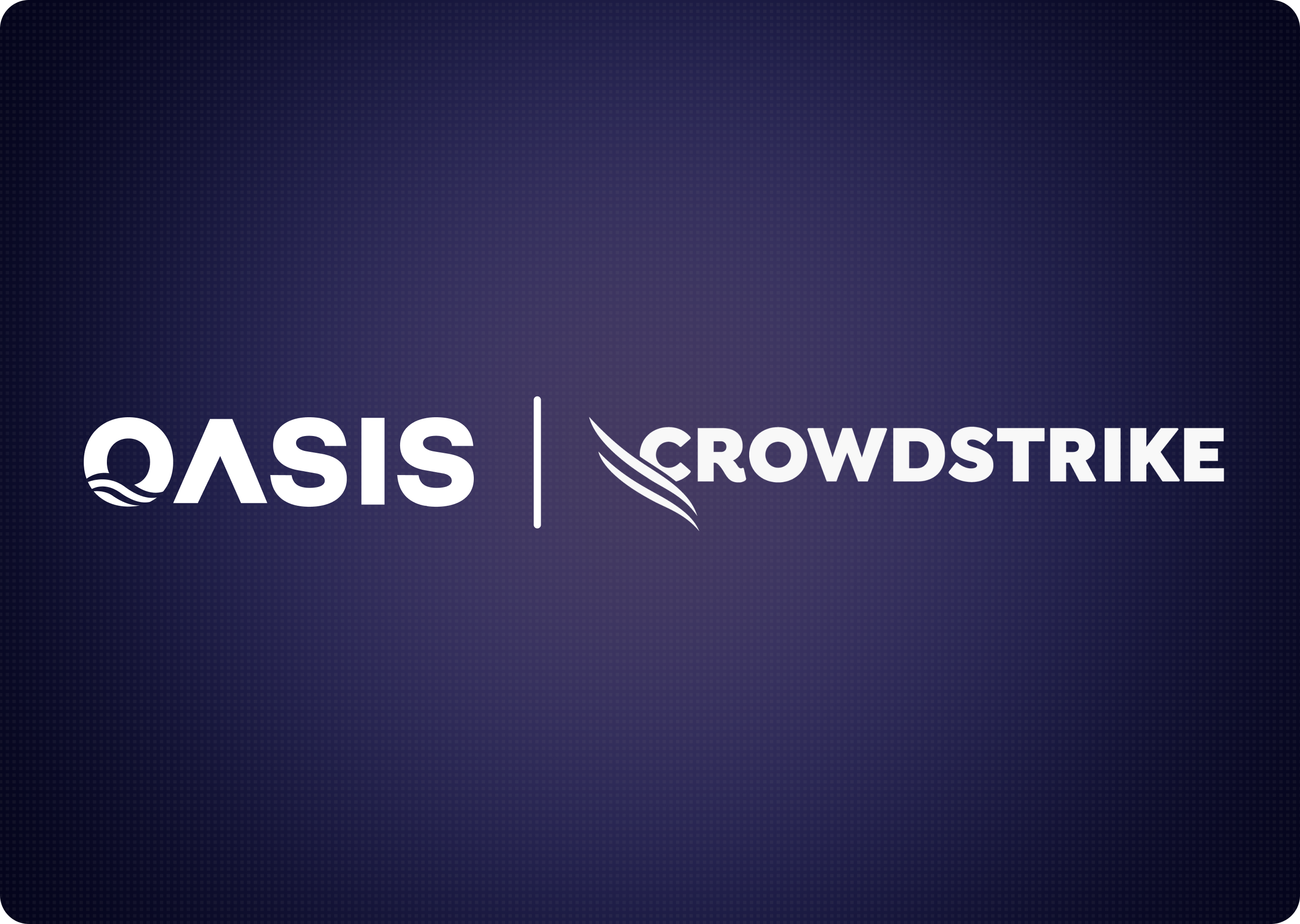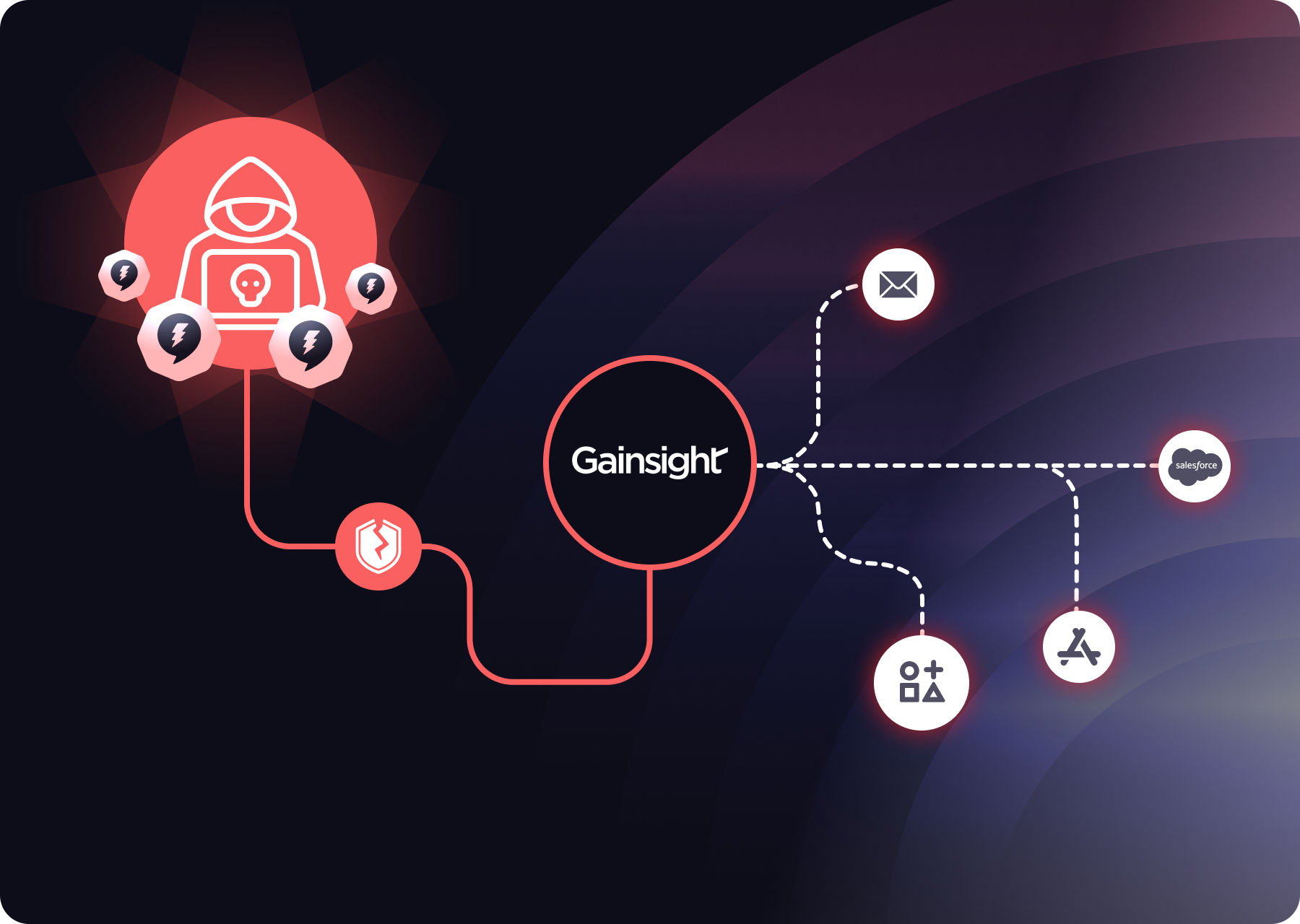Understanding PCI DSS 4.0: NHIM Essential Guide

As PCI DSS 4.0 rapidly approaches, it's clear that this is not just an update but a game-changer. Forbes calls it the most transformative change to the standard since version 2.0, and with over 200 updates, it promises significant impacts on your business. The deadline is set for March 31, 2024, and failure to comply could lead to costly fines and compliance delays.
What Is PCI DSS 4.0?
Launched in 2006, the Payment Card Industry Data Security Standard (PCI DSS) provides a framework to protect cardholder data (CHD) and sensitive authentication data (SAD). The standard applies to all entities involved in processing, storing, or transmitting CHD/SAD, including merchants, processors, acquirers, issuers, and service providers. Version 4.0, effective from March 2024, will introduce new requirements that become mandatory after March 31, 2025.
Key Focus Areas of PCI DSS 4.0
1. Non-Human Identities (NHIs)
PCI DSS 4.0 places significant emphasis on non-human identities—system and application accounts that perform automated tasks and often require elevated privileges. Key requirements include:
- Requirement 7: Restrict access based on business needs and least privilege.
- Requirement 7.2.5: Periodically manage and review access to ensure appropriateness and address any issues.
- Requirement 8.6: Strictly manage accounts, particularly those with interactive login capabilities, and avoid hard-coded passwords. Ensure secrets are rotated periodically and/or upon suspicion or confirmation of compromise.
- Requirement 10.6.1: Add monitoring for third-party access, focusing on privileged access and unusual behavior. Use behavior-based anomaly detection to alert on suspicious third-party activity.
2. Updated Definition of System Components
The scope now includes new technologies such as source code repositories and deployment tools. Staying updated on these changes is essential for effective future planning.
3. Formal Assignment of Roles and Responsibilities
Each PCI requirement now has associated roles. Implement formal policies or procedures to ensure clear accountability across your organization.
4. Enhanced Scoping Requirements
Organizations must independently verify PCI scope, including data flows, storage, and third-party connections. This proactive approach reduces reliance on external assessments.
Preparing for Compliance
Although some PCI DSS 4.0 requirements won’t be mandatory until 2025, starting your preparations now is crucial. Work with Non-Human Identity Management experts to navigate these changes and develop a detailed compliance plan. Early preparation will help ensure that you meet the standards and avoid potential issues.
Managing Non-Human Identities: A Strategic Approach
With the introduction of PCI DSS 4.0, managing non-human identities—such as system and application accounts—has become increasingly critical. As PCI DSS 4.0 shifts the focus towards comprehensive identity management, relying solely on human account security is no longer enough. To align with these new requirements, follow these three essential steps:
✦ Visibility: Gain a comprehensive understanding of your environment and identities beyond your Identity Provider (IdP). Incorporate multiple sources of information for deeper insights into identity usage.
✦ Security: Develop tailored security policies using advanced analytics to identify potential gaps. Implement continuous review and assessment processes to enhance your security posture.
✦ Governance: Streamline lifecycle management with efficient, policy-based automation. Move beyond slow, email-based remediation processes to orchestrate workflows seamlessly across your infrastructure.
✦ Reporting: Implement automatic compliance posture monitoring to track system access, hygiene, and privileges, complemented by automated reporting for efficient auditing. This ensures accountability and supports adherence to regulatory standards.
Conclusion
Implementing a robust strategy for managing non-human identities is now a top priority. By focusing on visibility, security, and governance, you can navigate PCI DSS 4.0 effectively and ensure your organization remains compliant and secure. Prepare now to stay ahead of the curve and safeguard your business against evolving threats. Contact us to discover how Oasis can help you navigate new NHI regulations effectively.
We do newsletters, too
Discover tips, technical guides and best practices in our biweekly newsletter.
.avif)






